|
|
2005
~ Dr. Toshihide Yamashita of Chiba, Japan and Dr. Zhigang He of
Boston, MA in
recognition of their
demonstration that multiple
myelin inhibitors of axonal
regeneration mediate their actions by
converging on a signaling
pathway involving members of
the p75 receptor Family
|
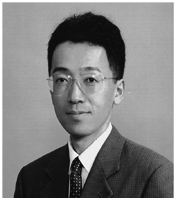 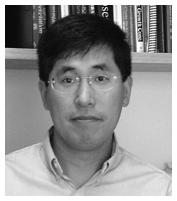 |
|
2003
~ Dr. Jerry Silver
of Cleveland Ohio, USA in
recognition of his demonstration that white
matter
does not always
inhibit axonal extension after CNS injury in adult mammals and that
other factors, especially glycosaminoglycans contribute to the failure of axonal
regeneration. |
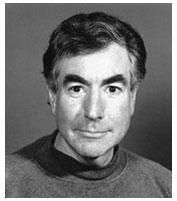 |
|
2002 ~ Dr. Stephen Strittmatter of Connecticut, USA,
in recognition of his
accomplishment in molecular isolation of the Nogo-66
receptor, an important
convergent point of action of multiple inhibitors of regeneration.
|
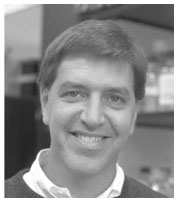 |
|
2001 ~ Dr. Marie T. Filbin of New York USA, and Dr. Mu-Ming
Poo of Berkeley,
California, USA, in recognition of their
accomplishment in basic research in
demonstrating that stimulation of the cyclic
nucleotide signaling pathways can
affect guidance molecules, the growth cone and
inhibition of axon regeneration in
the injured spinal cord.
|
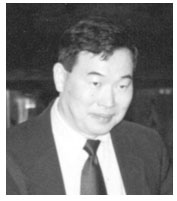 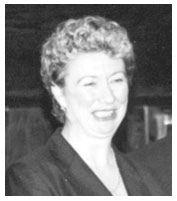 |
|
1998 ~ Dr. Thomas M. Jessell of New York, USA, in
recognition of his
accomplishment in basic research demonstrating that
Sonic Hedgehog (SHH)
and other signaling molecules are critical for
inducing the differentiation of
motor neurons, interneurons and other cells in the mammalian
spinal cord.
|
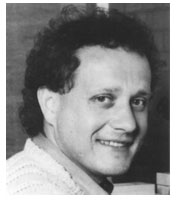 |
|
1997 ~ Dr. Corey S. Goodman of Berkeley, California, USA, in
recognition of his
accomplishment in basic research through the application of a
pioneering
approach, using Drosophila genetics, to identify a large number of
molecules,
with equivalence in the human spinal cord that are for axonal path
finding.
|
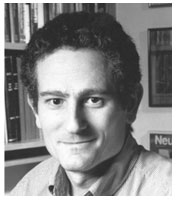 |
|
1995 ~ Dr. Marc Tessier-Lavigne of San Francisco, California, USA, in
recognition of his accomplishment in basic research in cloning a type
of gene
which guides new nerve growth in the damaged spinal cord.
|
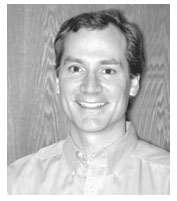 |
|
1993 ~ Dr. Albert J. Aguayo of Montreal, Canada, in recognition of
his
accomplishment in basic research demonstrating that nerve cells of
the
brain and spinal cord, contrary to then accepted belief, do in fact
have the
capacity to regenerate.
|
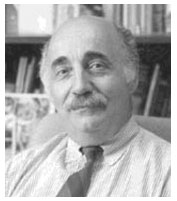 |
|
1992 ~ Dr. Fred W. Gage of La Jolla, California, USA, in recognition
of his
accomplishment in basic research in the promotion of regeneration in
the central
nervous system through the use of somatic gene transfer techniques.
|
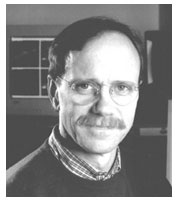 |
|
1991 ~ Dr.
Yves-Alain Barde of Munich, Germany, in recognition of his
accomplishment in basic research in the identification, purification and cloning
of
brain derived neurotrophic factor.
|
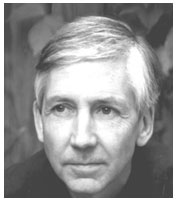 |
|
1990 ~ Dr. Martin E. Schwab of Zurich, Switzerland, in recognition
of his
accomplishment in basic research toward understanding the factors that inhibit
the regrowth of damaged cells in the central nervous system.
|
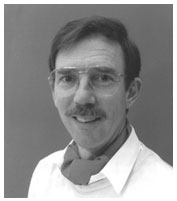 |
